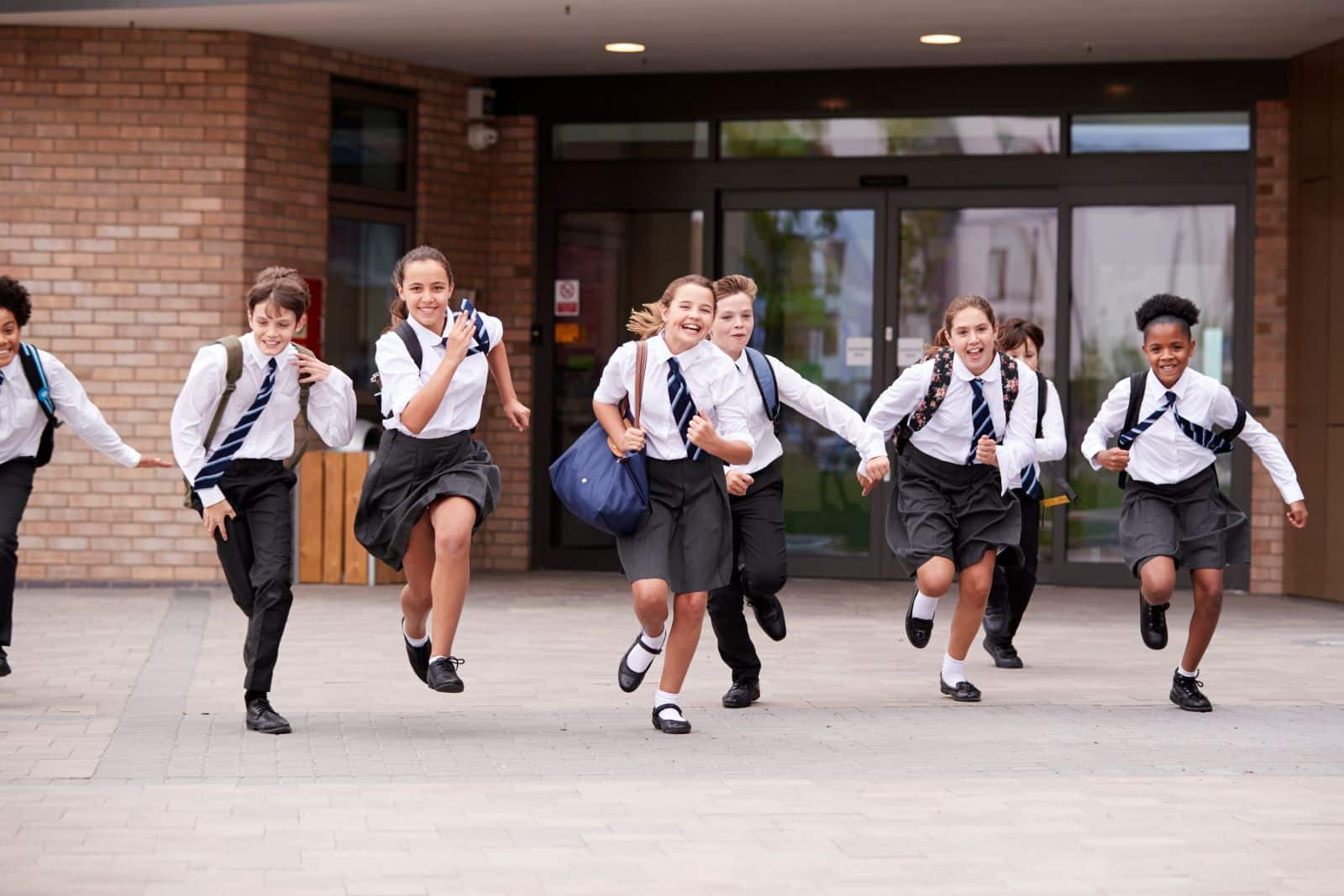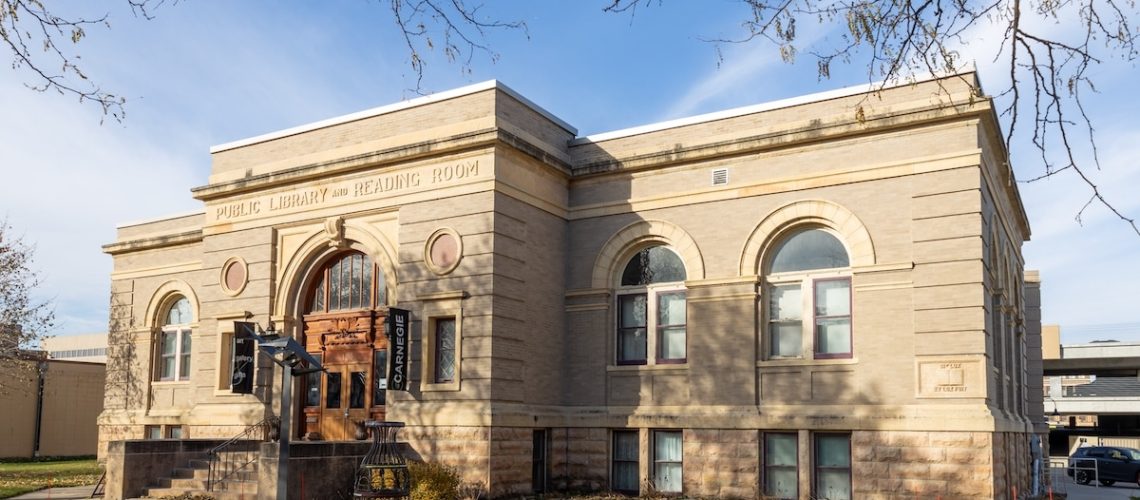Just before Pride month, Minnesota lawmakers gave schools funding with new provisions to end the constant back-and-forth between banning books in schools by creating legislation that bans banning books.
A Lack of Funding

Despite their attempts and pleas to receive more state funding, Minnesota school districts are only getting minimal new funding after the state’s latest legislative session.
Very Modest

When reporting on the situation, Scott Croonquist from the Association of Metropolitan School Districts described the funds allocated for schools as “very modest.”
Focus on Policy

While the schools hoped to receive additional funding to use how the districts best saw fit for the students, they received minimal funding with strong policy instructions for how the funds should be used.
Literacy and Student Teacher Support

The lawmakers decided that the funds should be primarily used for new literacy programs in schools and create financial support for student teachers.
Easing the Burden

The pilot program will provide $6.5 million in stipends to student teachers at eight Minnesota colleges and universities and hopes to ease the financial burden on future educators during their unpaid training periods.
The Security They Need

Denise Specht, the President of Education Minnesota, said, “Every Minnesota student deserves a great teacher who has the support and financial security they need.”
Banning Book Bans

Along with the funding, A new Minnesota law prohibits book bans in schools and public libraries based on viewpoint, content, or opinion in order to ensure student’s have access to diverse opinions.
No Place in Libraries

When celebrating the new law, Governor Tim Walz posted online, “Censorship has no place in our libraries.”
Rightwing Book Bans

Minnesota’s ban on book bans is state representatives’ attempt at addressing a nationwide trend driven by far-right conservative groups at the censoring of books in schools.
More Than 4,000 Books

PEN America reported a record 4,349 book bans in the first half of the 2023-2024 school year that mostly targeted LGBTQ+ content and books.
The Role of Anti-LGBTQ+ Groups

In the same report, PEN American also revealed that almost 86% of all U.S. book bans occur in districts with local chapters of anti-LGBTQ+ groups.
Qualified Professionals

The new law mandates that library collections be managed by qualified professionals and not political bodies so that trained librarians make decisions about book content, rather than local school boards.
Responsible Educators

Shana Morse, the Assistant Director of Government Relations at the Minnesota Department of Education, said, “It would be the qualified librarians who have training and who are responsible.”
Training New Teachers

The legislation surrounding the new funds also included a measure to support 12 weeks of classroom training for student teachers joining the schools.
For the Kids

When justifying the decisions to add policy requirements for school funding, state Rep. Laurie Pryor highlighted the need for funds to be centered around the children at school.
Squarely on the Kids

Pryor said, “Students must be the center of our focus, and this legislation puts attention squarely on our kids.”
Covering the Cost

The state allocated $31.4 million to support teacher training under the Read Act, but many people from the school districts have shared concerns that this simply isn’t enough money to cover the cost.
Scott Croonquist, the Executive Director of the Association of Metropolitan School Districts, said, “The Read Act funding ‘certainly is appreciated, but it’s not going to cover all of the costs.”
Cellphone Policy

The new legislation will also require all Minnesota school districts and charter schools to implement cellphone use policies by March 15, 2025.
Reducing Cyberbullying

The Minnesota lawmakers hope the stricter cellphone policies in every school will keep students on task and reduce the risks associated with cyberbullying.
Chronic Absenteeism

A legislative work group was also formed to study chronic absenteeism, a post-pandemic issue where some students miss class at unprecedented rates.
Developing a Strategy

With Minneapolis Public Schools leading the initiative, Twelve districts were selected to study the situation and develop practices to help mitigate chronic absenteeism.
21 Beliefs About the Bible That Are Actually False

The Bible is one of the most discussed and debated books in history, yet many common beliefs about it are more myth than fact. How many of these misconceptions have you heard before? 21 Beliefs About the Bible That Are Actually False
21 Subtle Racisms That Are Commonplace in America

Racism in America isn’t always overt; it often hides in plain sight through subtle actions and attitudes. How many of these subtle racisms have you noticed around you? 21 Subtle Racisms That Are Commonplace in America
For transparency, this content was partly developed with AI assistance and carefully curated by an experienced editor to be informative and ensure accuracy.

